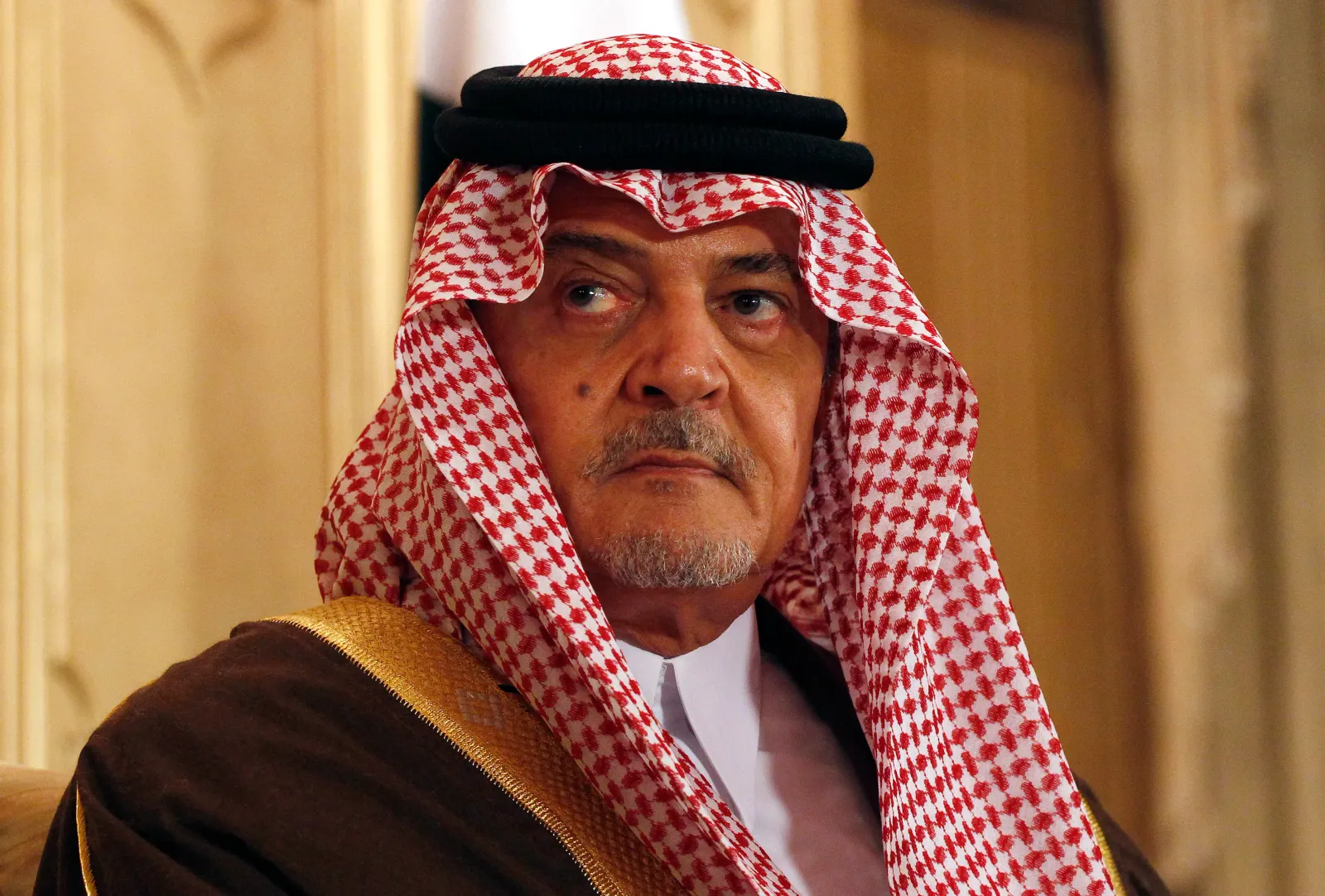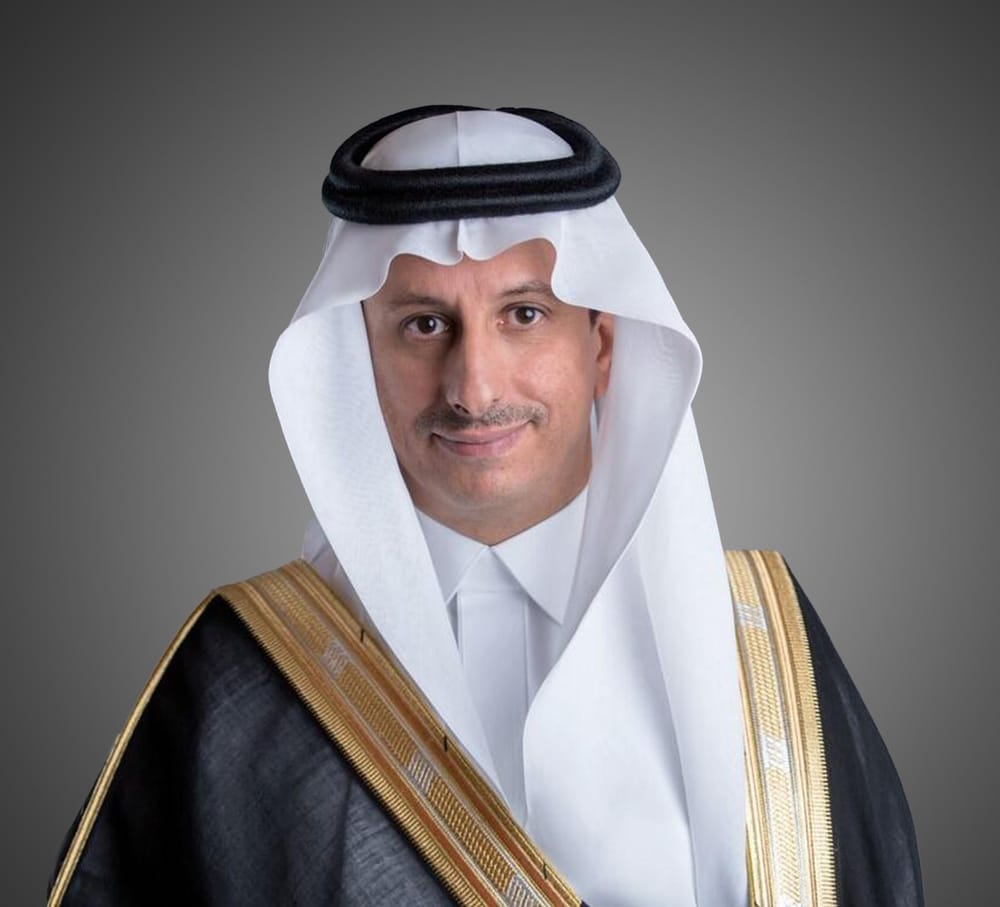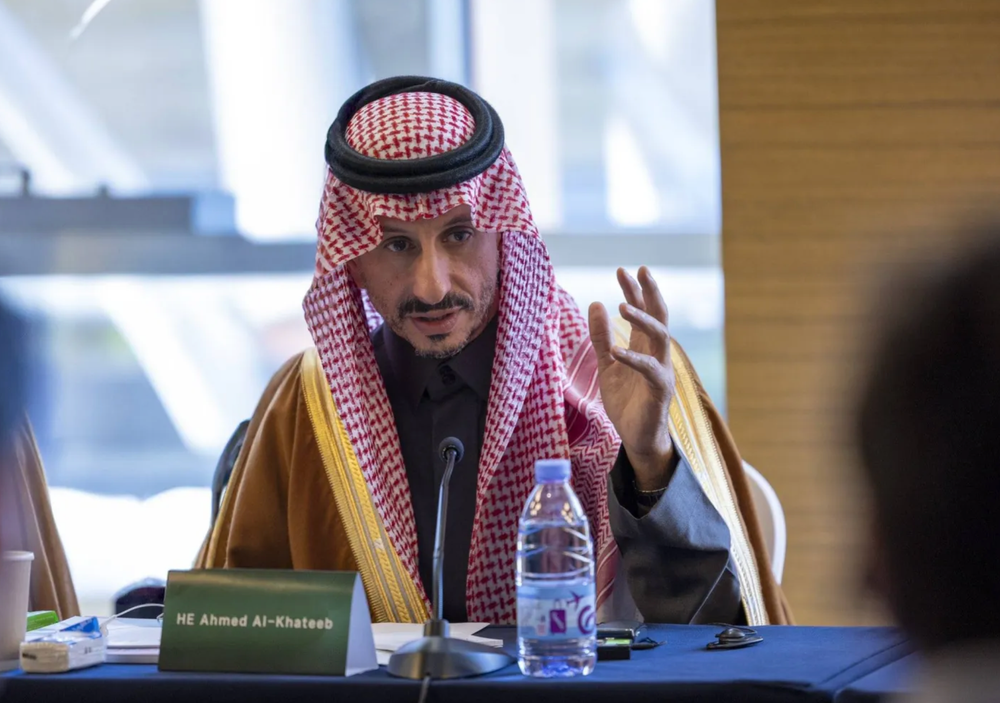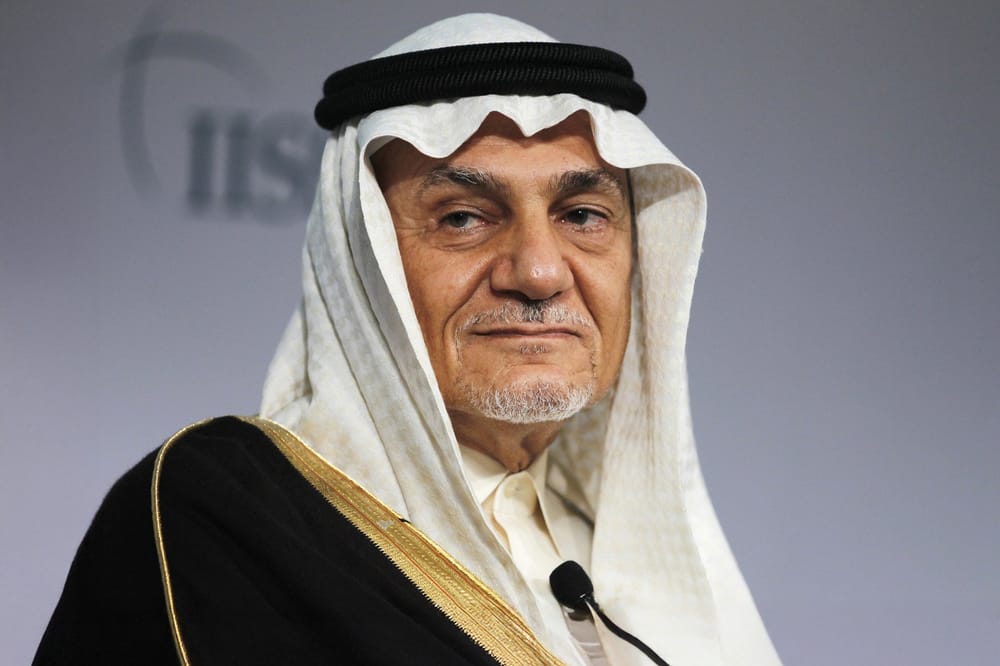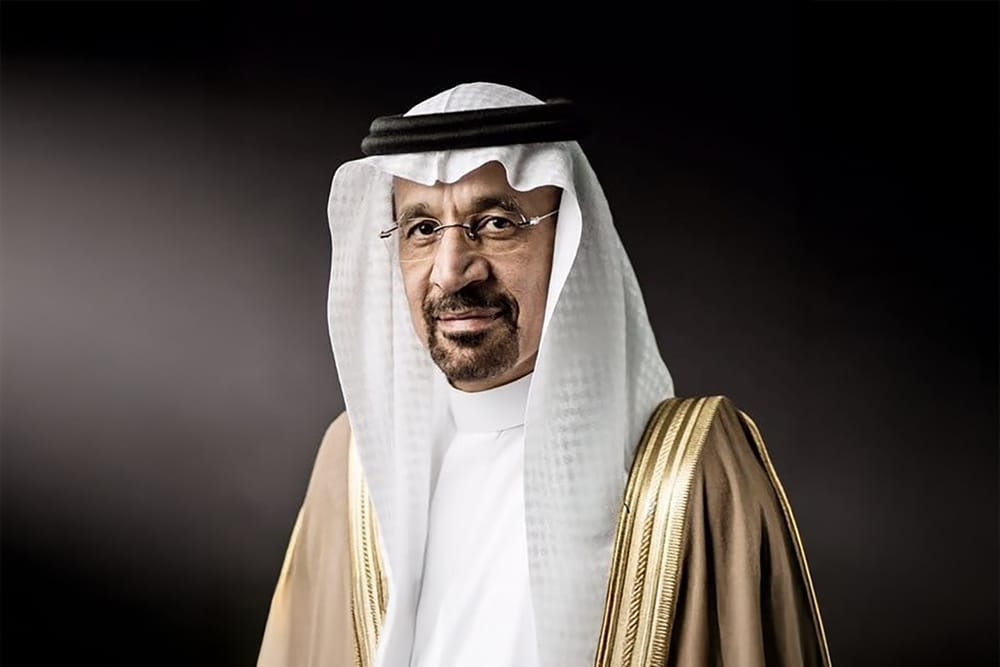In the intricate tapestry of Middle Eastern diplomacy, few figures have woven threads as enduring and influential as Prince Saud bin Faisal bin Abdulaziz Al Saud. Serving as Saudi Arabia's Foreign Minister from 1975 to 2015, his four-decade tenure not only marked him as the world's longest-serving foreign minister but also as a central architect of the Kingdom's modern foreign policy.
Early Life and Education
Born on January 2, 1940, in Taif, Saudi Arabia, Prince Saud was the second son of King Faisal and Queen Iffat Al Thunayan. His early education took him to the United States, where he attended the Hun School of Princeton before earning a bachelor's degree in economics from Princeton University in 1964. This Western education, combined with his deep-rooted understanding of Islamic and Arab traditions, equipped him with a unique perspective that would later define his diplomatic approach.
Ascension to Foreign Minister
Prince Saud's initial foray into public service began at the Ministry of Petroleum and Mineral Resources, where he held various positions, including Deputy Minister. His transition to the Ministry of Foreign Affairs was precipitated by the tragic assassination of his father, King Faisal, in 1975. At just 35 years old, Prince Saud was appointed Foreign Minister, a role he would hold with distinction for the next 40 years.
Navigating a Turbulent Region
Prince Saud's tenure coincided with some of the most tumultuous events in Middle Eastern history. From the Lebanese Civil War and the Iranian Revolution to the Gulf Wars and the rise of extremist movements, he was at the forefront of diplomatic efforts to maintain stability and protect Saudi interests. His approach was characterized by pragmatism, patience, and a commitment to dialogue.
One of his notable achievements was his role in the 1989 Taif Agreement, which helped end the Lebanese Civil War. His efforts in mediating between conflicting factions underscored his belief in diplomacy as a tool for peace. Additionally, Prince Saud was a steadfast advocate for the Palestinian cause, consistently emphasizing the need for a just and lasting resolution.
Strengthening International Alliances
Under Prince Saud's stewardship, Saudi Arabia fortified its relationships with key global players, particularly the United States. His deep understanding of Western politics and fluency in multiple languages made him an effective communicator on the international stage. He played a pivotal role in articulating Saudi positions post-9/11, working to mitigate tensions and promote mutual understanding.
Legacy and Impact
Prince Saud's influence extended beyond policy decisions; he was a symbol of continuity and stability in a region often marked by upheaval. His diplomatic style, marked by eloquence and restraint, earned him respect across the globe. Despite facing numerous challenges, including health issues in his later years, he remained committed to his role until his retirement in April 2015.
He passed away on July 9, 2015, in Los Angeles at the age of 75. His death marked the end of an era for Saudi diplomacy, but his legacy endures. Many of his protégés and policies continue to shape the Kingdom's foreign relations.
Prince Saud Al Faisal's life and career serve as a testament to the power of diplomacy in navigating complex international landscapes. His contributions have left an indelible mark on both Saudi Arabia and the broader Middle East.


